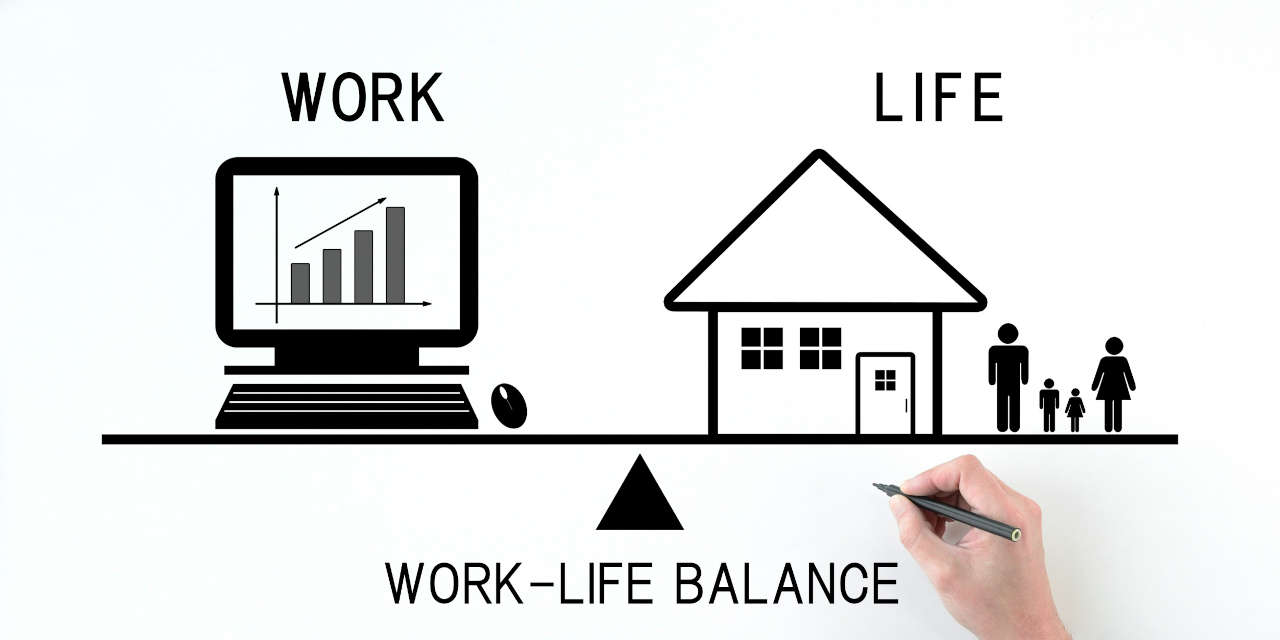By Steve Moran
Workers in the United States, likely the rest of the Western world, are forever changed. If you embrace this change, your staffing challenges will diminish, and if you resist, it could crush your business.
On the last day of the year (2022) the Wall Street Journal published an article titled “Your Coworkers Are Less Ambitious; Bosses Adjust to the New Order,” which lays out the new order of the world when it comes to today’s team members.
- People are simply less passionate about their careers and their companies.
- Ambitious career-track professionals and executives are no longer willing to work weekends and late into the night.
- When salaried team members are being asked to do more work, they will only do it for more pay.
- Fewer people have big career ambitions. They are a lot more interested improving the quality of their life off the clock.
- More workers are taking all of their vacation time and even taking additional time off without pay.
- Workers are demanding more money — enough to live a comfortable life.
- Workers are demanding more flexibility in when and how they work.
- Many more workers are comfortable simply staying at the job they have and working for the company they have always worked for.
- According to the U.S. government, labor productivity — meaning how much a typical worker gets done in an hour — has fallen 5.9% in the first quarter of 2022, and it fell another 4.1% in the second quarter.
- “Many workers see little connection between working hard and being rewarded.”
- Most don’t believe working harder will actually improve the quality of their life.
- Many workers would be glad to take a pay cut to have a better work-life balance.
Good News for Senior Living
If we are honest working conditions for senior living team members have not been great, are not great.
- Hourly workers don’t make a living wage, many being forced to work all the overtime they can get, or work a second job.
- Department heads make a bit more money but still struggle to pay their bills.
- Executive directors who work 40-hour weeks are considered to be slackers.
- Regionals work long hours and spend most of their lives traveling and the rest on phone or video calls. They own responsibility for the bad stuff that happens and rarely get credit for the good stuff that happens.
Here is the good news. … What if senior living leaders embraced the new reality that team members are a lot more interested in work-life balance? Working in a way that makes sense to their outside-of-work lives? This might mean actually paying frontline workers more money. It might mean making a commitment to having a system where executive directors really only work 40-hour weeks and get three or four weeks of vacation a year.
If You Did This
If you did this, every single person working in senior living would want to work for you and for your organization first. And only if they could not work for your organization, they would work someplace else. You would also have team members who loved coming to work every day.
And with all that, your communities would be the happiest senior living communities on Earth, and you would be filling all your units with ease and at premium prices.








This is spot on Steve!
Thanks Whitney. It is baffling to me that senior living operators continue to do it the same old way.
It is absolutely true that people in the workplace today are less passionate about their work and who they work for and with that, have less desire to give discretionary effort above and beyond the minimum requirements of the job. They have become disengaged.
Although over the years leaders have implemented many programs and initiatives designed to improve employee engagement, the main cause of the Great Resignation and Quiet Quitting is leaders having neglected to give proper attention to their peoples’ working experiences and well-being, because they did not meet their critical needs.
Based upon Gallup’s Q12, the 12 elements of engagement which measures areas of engagement that leaders directly impact, the 5 critical needs of employees are:
1. To be equipped
2. To feel a sense of belonging
3. To be valued
4. To engage in meaningful work
5. To have opportunities to grow
Recent research by McKinsey showed that the top 2 reasons employees cited for leaving their jobs or considering leaving their job was not because of pay or lack of work-life balance. It was because they did not feel their work was valued and did not feel a sense of belonging (2 of the 5 critical needs).
If leaders reframe their role as a leader from being a “CEO” and prioritizing business outcomes, to being a “Shepherd Leader” and prioritizing the well-being of their people, and focus on meeting the critical needs of their people, work-life balance and happy senior living communities would be the outcomes.
Bruce I love the and agree 100%. Taking care of your people, giving your team members a great life at work and home should be every leaders highest priority.